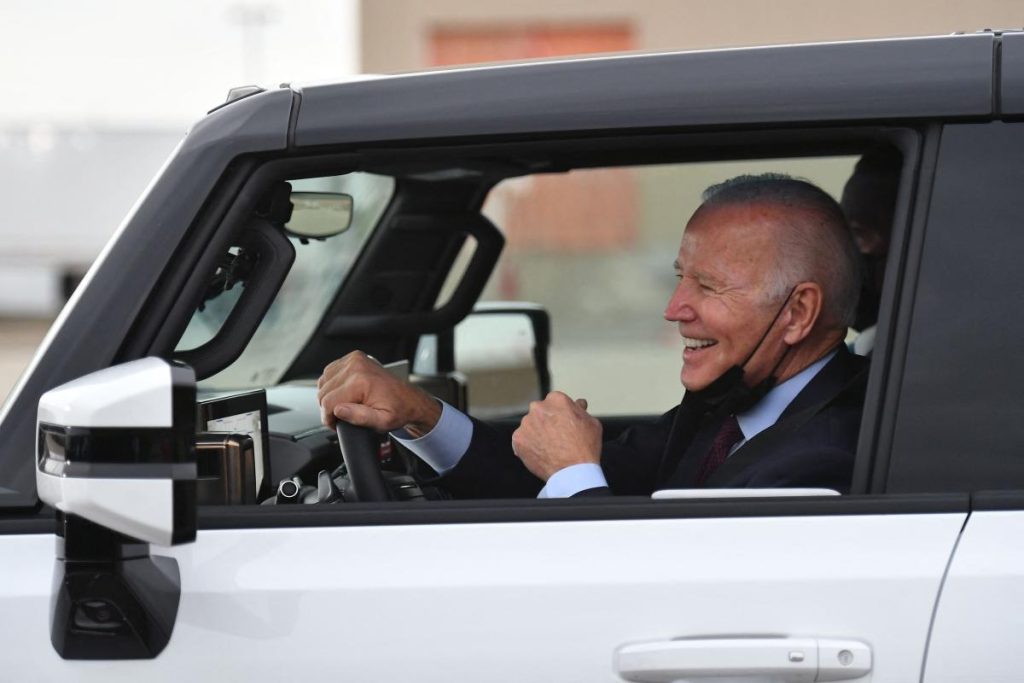In 2013, former President Barack Obama faced backlash for falsely assuring Americans that they could keep their health care plans under the Affordable Care Act, leading to widespread cancellations. Now, President Joe Biden is implementing major changes in the automobile industry, specifically with an Environmental Protection Agency rule that will require a significant shift towards electric vehicles. While the rule is being framed as a win for the environment and public health, the reality is that it will force people to abandon their gas-powered vehicles in favor of electric options.
The new EPA rule mandates that by 2032, around 70% of new vehicle sales must be electric or hybrid, up from less than 8% in the previous year. Automakers who do not comply risk facing hefty fines, pushing them towards investing in electric vehicle technology. However, the switch to electric vehicles is not without its environmental drawbacks, with the mining and processing of materials for batteries causing significant carbon emissions. In addition, consumer interest in electric vehicles has been declining, with concerns about charging infrastructure, pricing, and tax credits.
Despite the lack of enthusiasm for electric vehicles in the market, Biden’s rule seeks to accelerate the transition towards environmentally friendly transportation. The decision to enact this mandate through regulation rather than legislation has raised concerns about the lack of transparency and public debate. Critics argue that Biden is imposing a dramatic change on Americans without their full understanding or consent. The impact on the auto industry is expected to be substantial, with companies already spending billions to meet the new standards.
Former President Donald Trump has criticized Biden’s electric vehicle mandate, claiming it will force Americans to purchase expensive cars they do not want and could harm the auto industry. Trump has pledged to overturn the regulation if given the opportunity. The negative consequences of the mandate, including potential job losses and economic impacts, are likely to be a focal point in the upcoming presidential campaign. Despite the challenges and uncertainties surrounding the transition to electric vehicles, automakers are preparing to comply with the new standards set by the EPA.
As the debate over the future of the automobile industry continues, it remains to be seen how consumers will respond to the push towards electric vehicles. Biden’s decision to prioritize environmental goals over consumer preferences has sparked criticism and raised questions about the direction of U.S. automotive policy. With the transition to electric vehicles already facing obstacles, including concerns about charging infrastructure and market demand, the success of Biden’s mandate remains uncertain. Ultimately, the initiative highlights the tensions between government regulation, economic interests, and environmental priorities in shaping the future of transportation in the United States.


